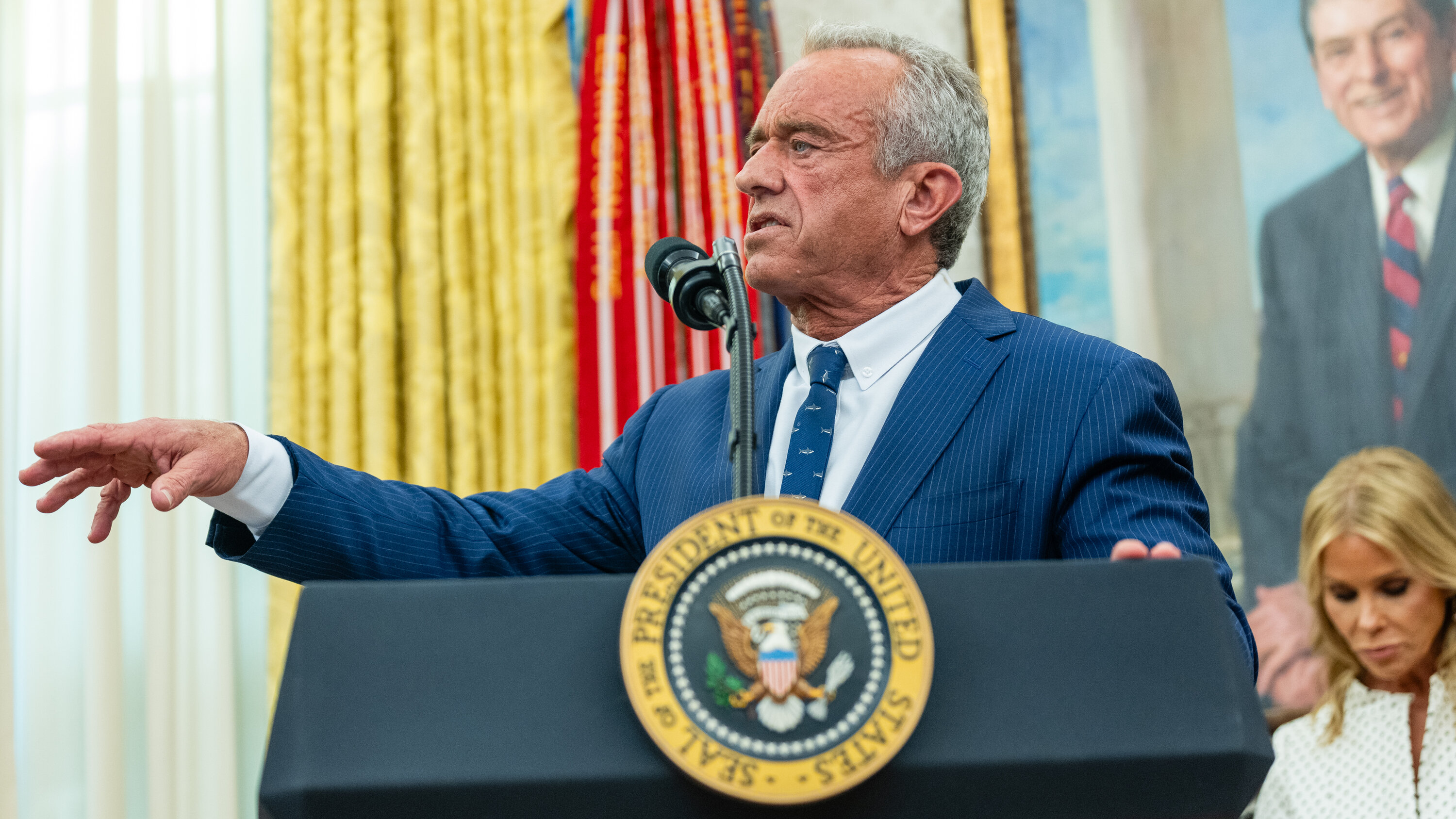Native Leaders Clash with Kennedy Over Controversial Health Intervention Plan

Health Secretary Robert F. Kennedy Jr. has pledged to transform the Indian Health Service (IHS), but Native American leaders remain skeptical about the promised improvements. The agency, long criticized for its systemic failures, faces intense scrutiny as Kennedy attempts to address decades of neglect.
In a candid assessment, one tribal leader bluntly described the current state of healthcare for Native Americans as "shameful" - a stark indictment of a system that has consistently underserved indigenous communities. Kennedy's commitment comes after years of documented challenges, including inadequate funding, limited medical resources, and significant healthcare disparities.
While the Health Secretary has outlined ambitious plans for reform, Native American leaders are cautiously watching, having heard similar promises in the past. The credibility of these proposed changes will ultimately be measured by tangible improvements in healthcare access, quality of care, and respect for tribal sovereignty.
As the dialogue continues, the future of the Indian Health Service hangs in the balance, with Native American communities hoping that Kennedy's words will translate into meaningful action and genuine systemic change.
